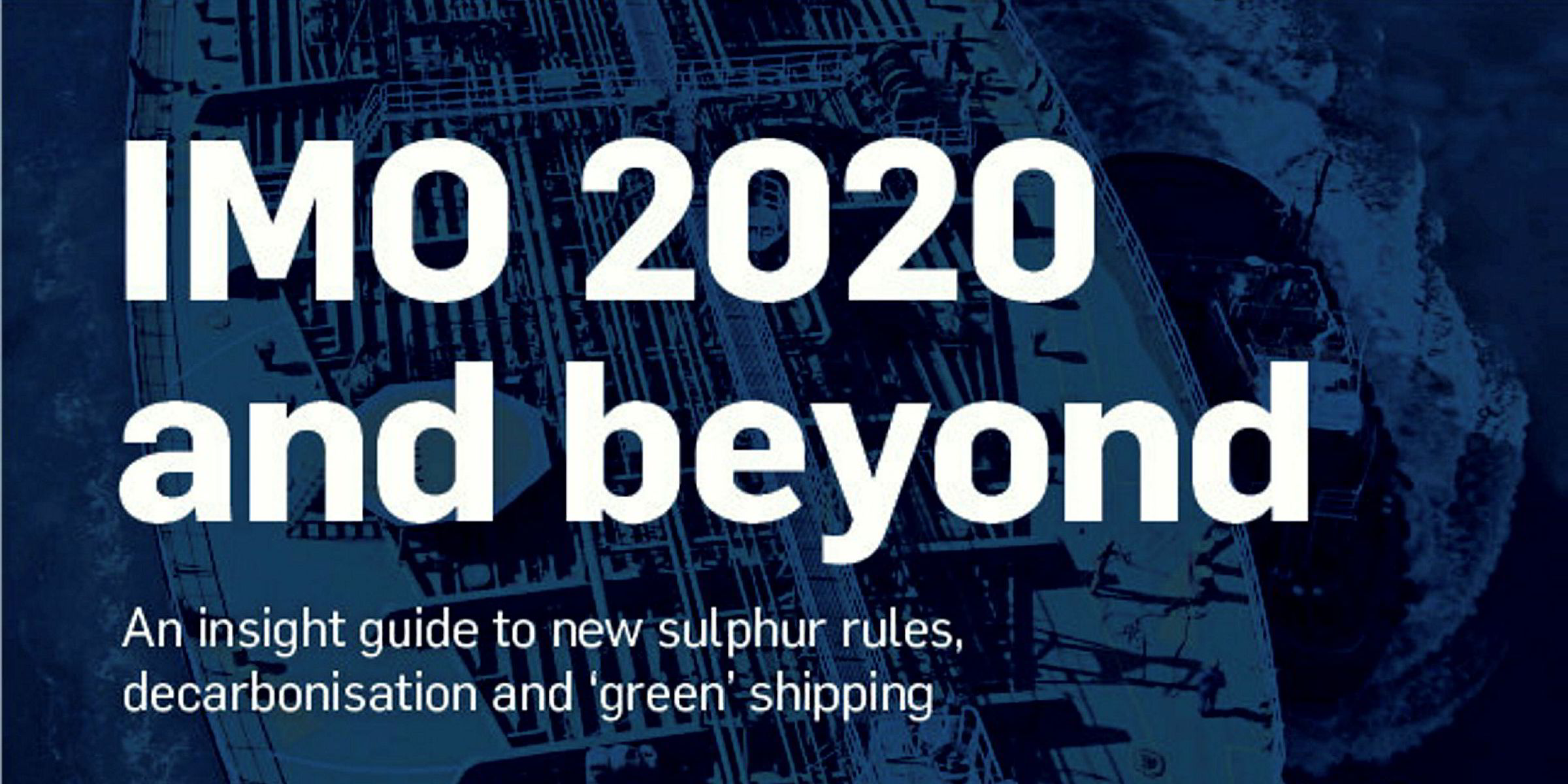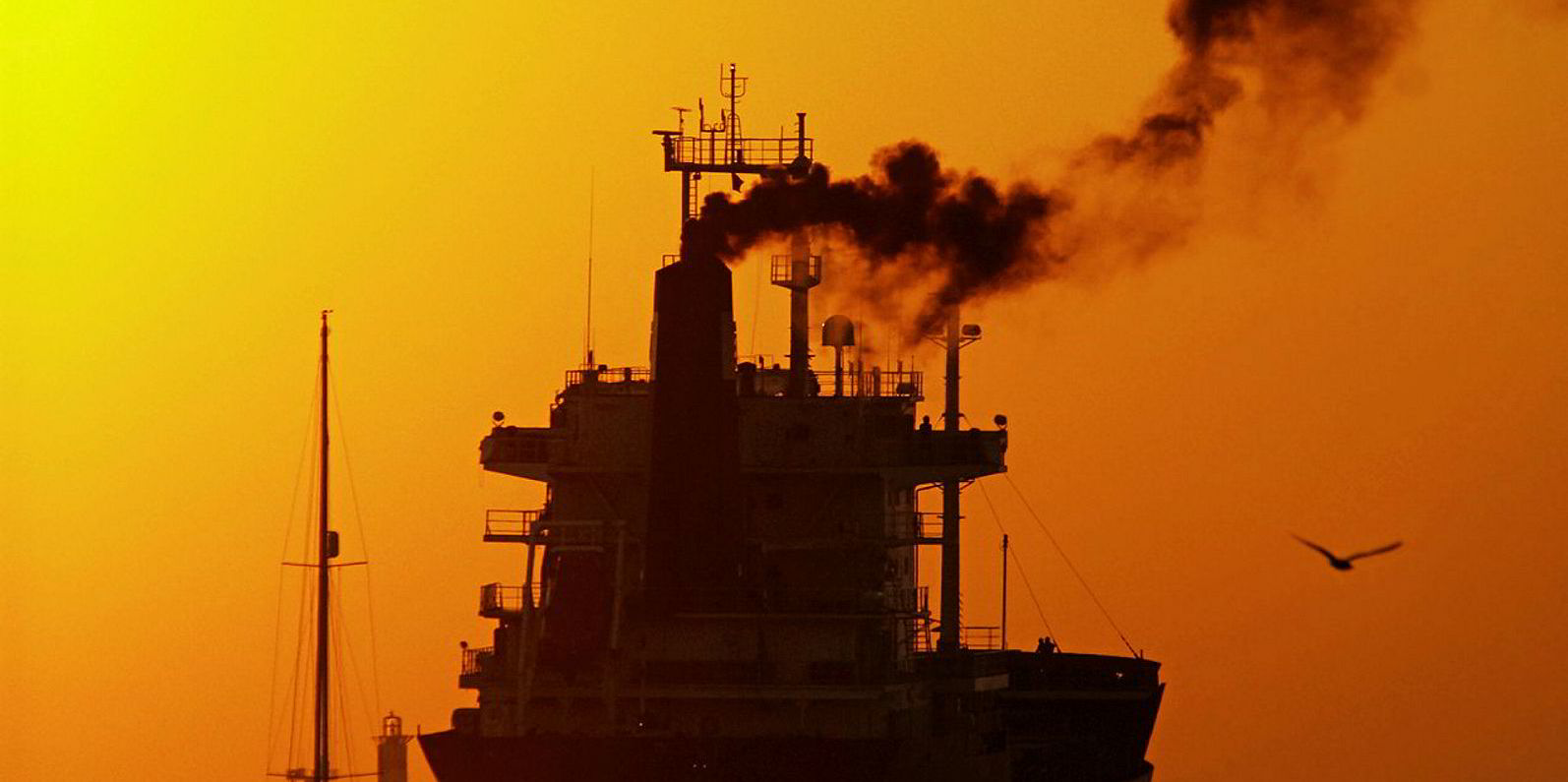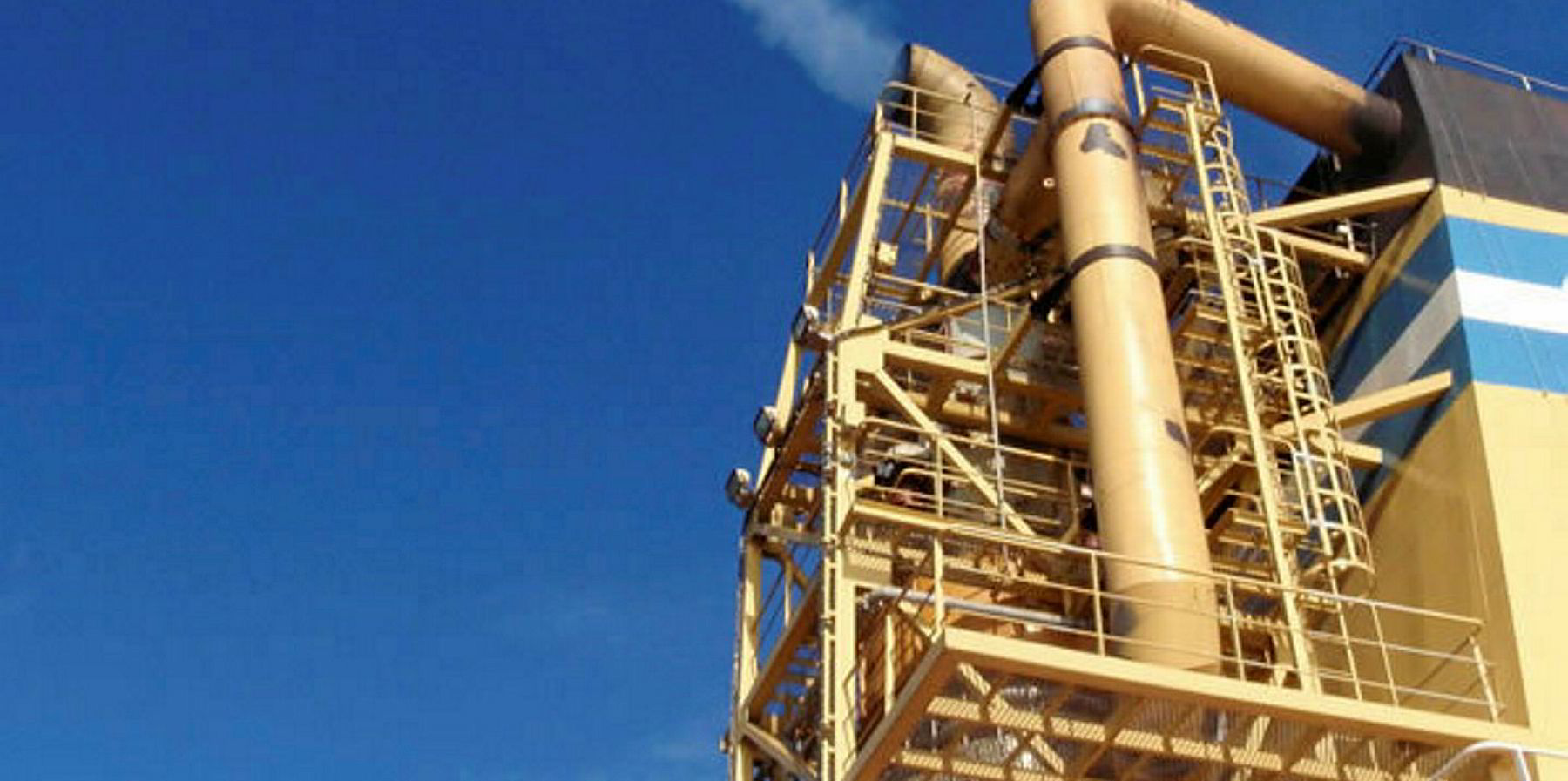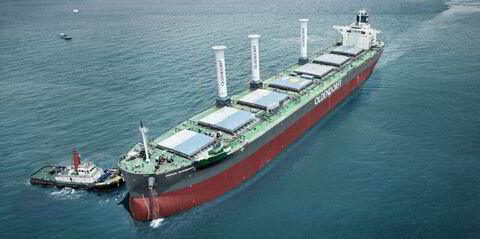The shipping industry should ramp up its environmental efforts to improve public perception, an industry forum was told.
In general media, shipping companies can often hit the headlines when maritime disasters like oil spills occur or crews are abandoned at sea.
“We have a bad public perception. We have to face this. This is a fact of life,” CMB chief executive Alexander Saverys said.
According to Saverys, the perception issue has even discouraged some non-profit organisations from cooperating with shipping players in pursuing environmental goals.
“We need to clean up our act…We need to make sure our public perception is better,” Saverys said.
“Otherwise we would never be able to attract investments and people to our industry.”
Other speakers at the forum pointed out that, while the industry’s environmental performances can be better, shipping is actually less carbon intensive than other transport means.
Studies have found waterborne transport emits much less CO2 than rail, road or aviation per transport unit in tonne-mile terms.
“Shipping is the cleanest transport. Which doesn’t mean we shouldn’t do something,” said Jens Roemer, vice-president of the International Federation of Freight Forwarders Associations.
“I think we should and we will.”
Euronav chief executive Hugo De Stoop suggested vessels could do better in reducing fuel consumption and greenhouse gas emissions by optimising sailing speed.
“We know we can do better…we know a number of ways where we can reduce our impact on the environment,” De Stoop said.
Vincent Pascal, BNP Paribas’ shipping and offshore head for Europe, Middle East and Africa, said the industry is “broadly” moving at the right direction in terms of operating in a more eco-friendly way.
“The question is, how can we nudge them (shipowners) to go faster,” said Pascal, admitting there are no easy answers to his question.

Check out TradeWinds Knowledge http://bit.ly/35g4KZ1, our new research project on IMO 2020 and decarbonisation





